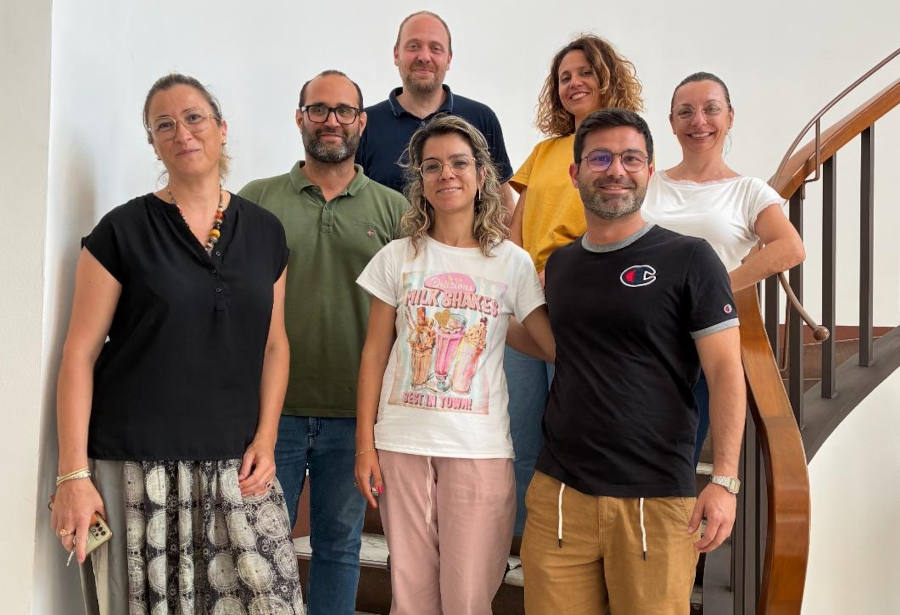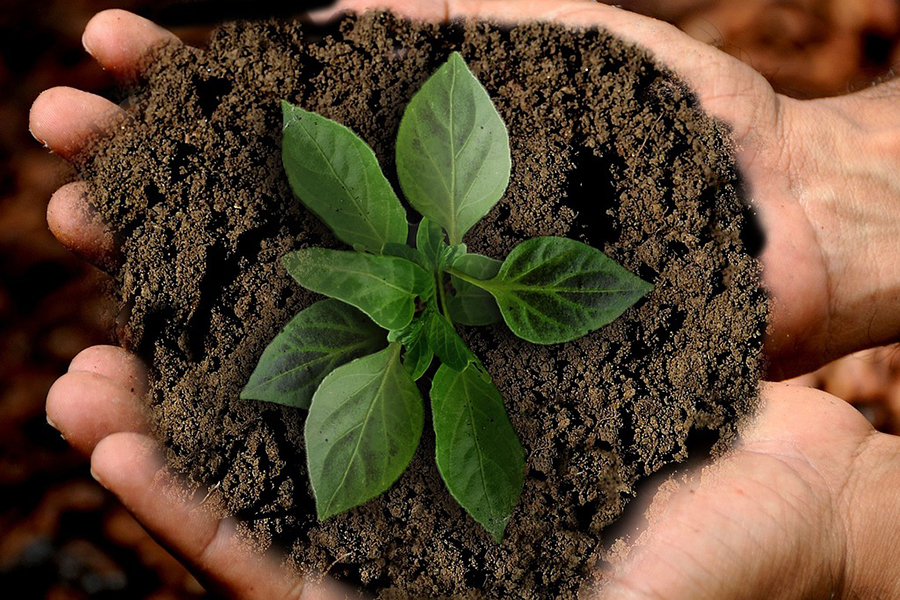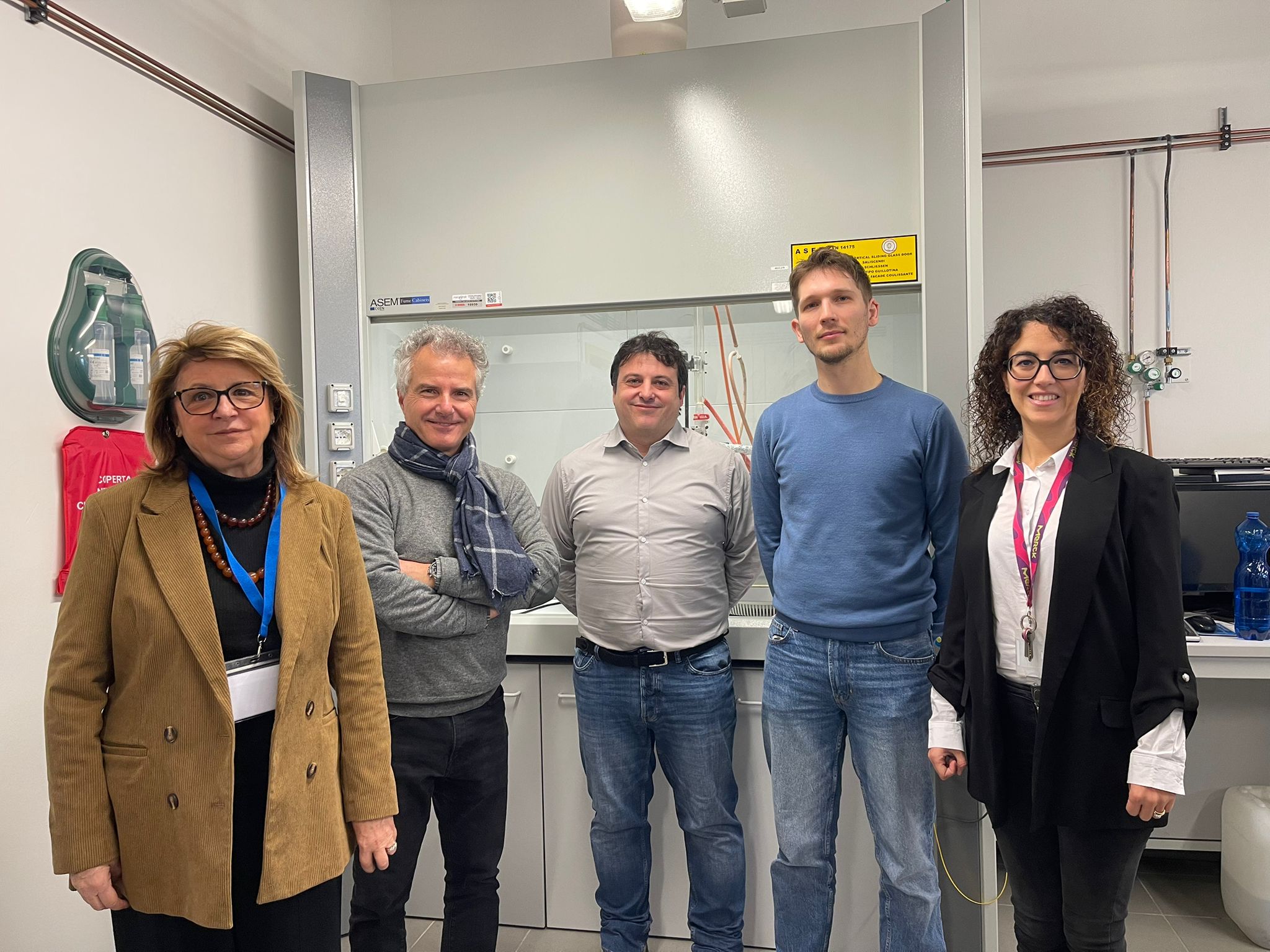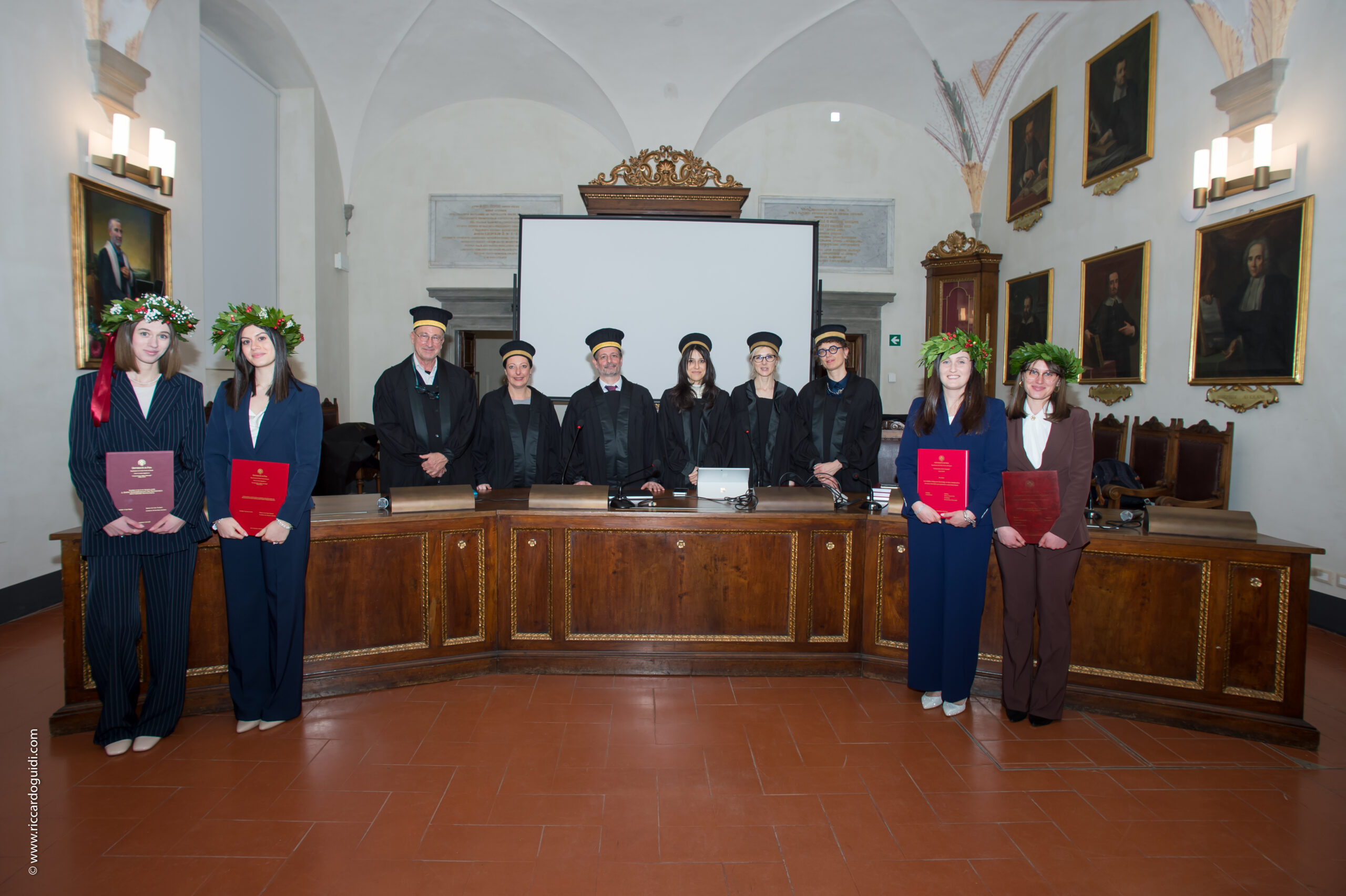Natural, effective, and sustainable eye drops, developed in the laboratories of the University of Pisa, could revolutionise the treatment of corneal injuries. The study, published in the Journal of Drug Delivery Science and Technology, shows how an olive leaf extract, combined with a biofunctional polymer, promotes corneal regeneration and protects the eye from oxidative stress.
“We have developed a simple, natural, and highly effective formulation that could be a valid alternative to conventional treatments for corneal injuries,” says Professor Angela Fabiano, coordinator of the study and lecturer at the Department of Pharmacy of the University of Pisa. “Our goal is to offer safer, more sustainable, and accessible therapeutic solutions.”
To enhance its therapeutic efficacy, olive leaf extract has been combined with an innovative polymer (a derivative of quaternary ammonium chitosan conjugated with methyl-β-cyclodextrin) synthesised by the same research group in Pisa. Thanks to the presence of chitosan, this material exhibits mucoadhesive properties that allow the active ingredient to adhere to the ocular surface for an extended period, prolonging its therapeutic action.

The Unipi research groupThe results obtained are very promising. In vitro tests demonstrated a significant acceleration in corneal wound closure, while in vivo tests on animal models confirmed the absence of ocular irritation, demonstrating the high tolerability of the product. Furthermore, the formulations have demonstrated a remarkable ability to protect cells from oxidative stress and to preserve the activity of polyphenols in a simulated ocular environment.
The eye drops also have benefits in terms of sustainability. Olive leaves used for the extract are indeed agricultural by-products, typically considered waste, and their use in the pharmaceutical field represents a concrete example of circular economy. Furthermore, the olive trees used for the extract were cultivated under water stress conditions, turning a climate change effect into an opportunity: plants exposed to drought produce a higher concentration of polyphenols, bioactive compounds with antioxidant and anti-inflammatory properties.
The study is the result of an international collaboration that involved, in addition to the University of Pisa, the University of Siena and several Portuguese research institutes, including the University of Porto (ICBAS, INEB, I3S) and the IUCS-CESPU University Institute. The researchers from the University of Pisa who participated in the project are Chiara Migone, Luca Cerri, Angela Fabiano, Andrea Mezzetta, Lorenzo Guazzelli, Anna Maria Piras, and Ylenia Zambito.



